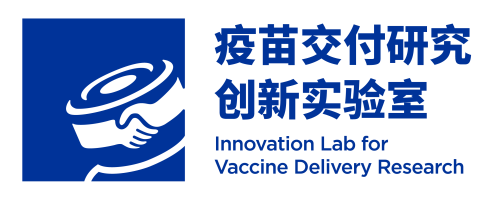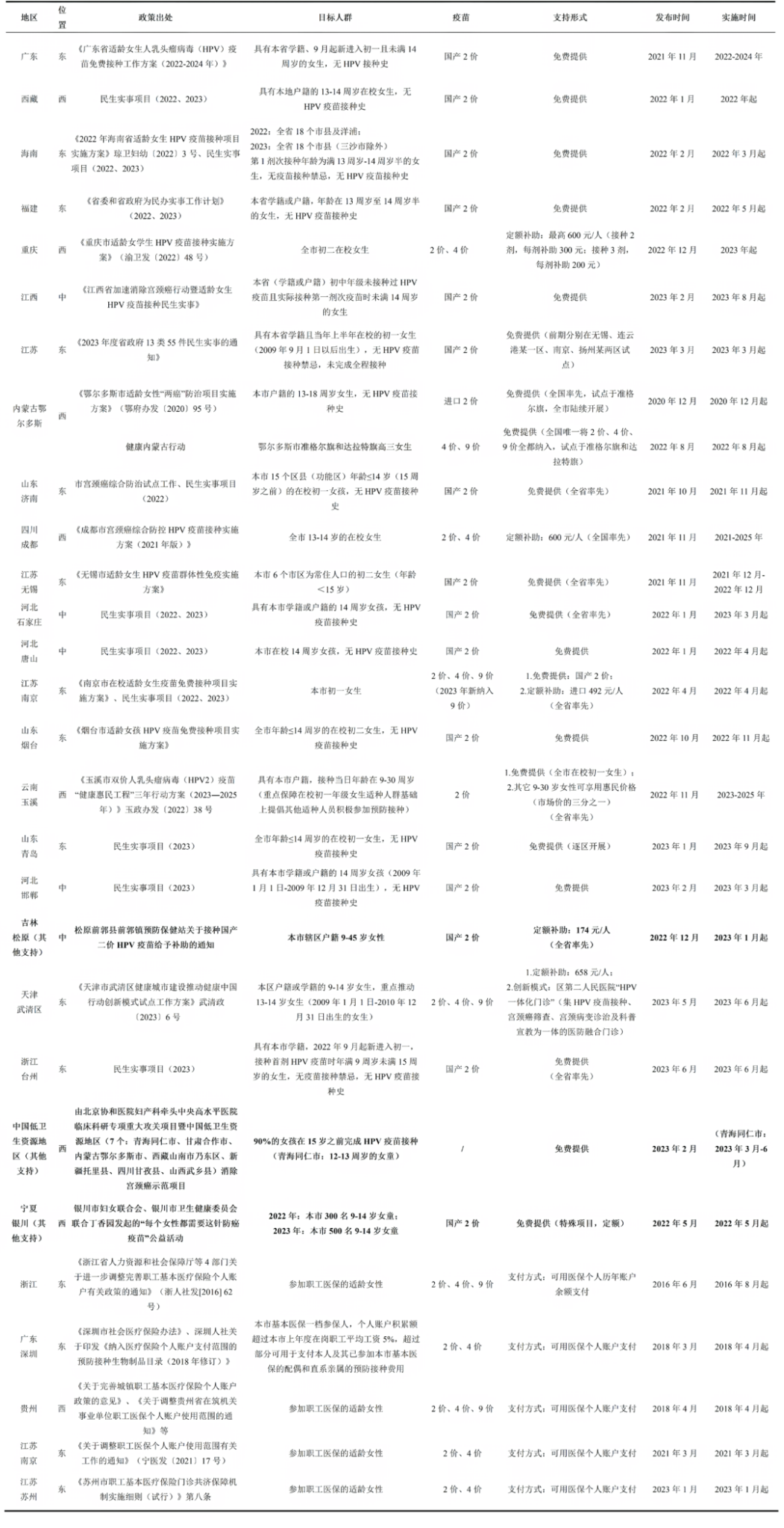China has conducted a series of cross-sectional studies to investigate the vaccine awareness, willingness to vaccinate and willingness to pay for HPV vaccination. The research reveals that the awareness of HPV vaccination in China is approximately 15.95% to 31.00%, with variations related to factors such as education level, occupation, income, residence, and age. The knowledge level among the Chinese population regarding HPV and cervical cancer is limited, especially in rural or resource-limited areas. Healthcare workers and government officials exhibit higher knowledge levels than the general public, but there is still room for improvement. Overall, the surveyed population demonstrates a relatively high vaccination willingness (55.5% to 83.7%), which correlates with knowledge levels, understanding of vaccine safety and efficacy, income levels, and other factors. Some survey participants express a willingness to pay for the vaccine, although their willingness is generally lower than the current market price, and some suggest a shared cost burden between the government and individuals.
HPV Vaccine Awareness and Knowledge Levels in the Chinese Population
A meta-analysis covering 58 studies conducted in 19 provinces and cities across mainland China before 2018 found that the awareness and knowledge rates of HPV vaccination in China were approximately 15.95% and 17.55%, respectively. Higher awareness rates were observed among females and the Han ethnic group [1]. A cross-sectional questionnaire study involving 21 cities and rural areas with females aged 15-59 revealed limited knowledge about HPV in Chinese women. Only 34% of urban women and 16% of rural women were aware of HPV. In government officials survey, 44% participants had knowledge of HPV, and 33% had heard about the HPV vaccine. Healthcare providers showed the highest awareness of HPV and the vaccine, but less than 20% of government officials and healthcare providers could correctly identify “females without sexual activity” as the optimal vaccine recipients, indicating a need to enhance knowledge in these groups [2]. A survey conducted in 14 schools across mainland China with over 4,000 students found that only 17.1% of students had heard of the HPV vaccine [3]. Another survey in 2019 targeting 4,000 mainland Chinese women aged 18-45 and 1,000 men found HPV awareness rates of 31% for women and 22% for men. HPV vaccine awareness rates were 34% for women and 23% for men. Respondents with higher education, higher income, employment in the healthcare industry, urban residence, and having children aged 18 or older showed higher awareness and knowledge levels [4].
Vaccination Intentions for HPV among the Chinese Population
Several studies in China have investigated the willingness of women or parents of teenagers to vaccinate against HPV. A meta-analysis covering 58 observational studies conducted in 19 provinces and cities found that approximately 64.72% of surveyed women expressed willingness to vaccinate their daughters against HPV. Concerns about the safety and efficacy of the vaccine were identified as significant barriers to vaccination [1]. In a cross-sectional survey conducted in 2019, covering 21 cities and rural areas, 78% of surveyed women aged 15-59 expressed willingness to receive the HPV vaccine. Another cross-sectional survey involving schools across mainland China found that while only 17.1% of respondents had heard of the HPV vaccine, 67.3% expressed willingness to be vaccinated. The willingness to vaccinate was associated with factors such as age, education level, residence, knowledge of HPV vaccine and its efficacy of preventing the related cancer, and varied across regions. For example, a survey in Fujian province reported an 83.7% willingness to vaccinate among females aged 20-35, whereas a study in rural Hunan found a lower willingness of 58.55% among females aged 20-45 [5] [6]. A cross-sectional survey in 2019 covering 4,220 university female students found that 11% had already been vaccinated, and among those not vaccinated, 53.5% expressed willingness to receive HPV vaccine. Factors influencing vaccination intentions included socioeconomic status, knowledge of HPV vaccine, awareness of vaccine benefits and risks, and sexual behavior [7]. Another survey targeting individuals aged 18-45 found that only 3% of women had received the vaccine within three years since it launched in the market. Among those not vaccinated, the willingness to vaccinate was high (79% for women, 68% for men), with key factors affecting vaccination willingness being lack of knowledge, concerns about vaccine safety, and high vaccine prices [4].
Primary Sources of HPV Vaccine-Related Information in the Chinese Population
Research indicates that Chinese population’s main sources of HPV vaccine-related information include healthcare professionals, media, open classes or lectures in hospitals and schools, and social benefit programs. In urban areas, hospitals and school lectures are the most important sources of information, while rural populations primarily rely on healthcare professionals, radio, and television to access knowledge about HPV vaccines [2]. Healthcare professionals generally consider health education and social mobilization as crucial means to enhance awareness and knowledge levels related to HPV and vaccines [2]. A survey targeting individuals aged 18-45 found that among female respondents, family and friends, as well as public health workers, were the primary sources recommending HPV vaccines. Second to them are doctors and social media (such as WeChat and Weibo). In contrast, for male respondents, social media emerged as the most important source for obtaining information related to HPV vaccines [4].
Content Reviewer: Kelly Hunter, Menglu Jiang
Page Editor: Jiaqi Zu
References:
- Zhang Y, Wang Y, Liu L, Fan Y, Liu Z, Wang Y, Nie S: Awareness and knowledge about human papillomavirus vaccination and its acceptance in China: a meta-analysis of 58 observational studies. BMC Public Health 2016, 16(1):216.
- Zhao F-H, Tiggelaar SM, Hu S-Y, Zhao N, Hong Y, Niyazi M, Gao X-H, Ju L-R, Zhang L-Q, Feng X-X: A multi-center survey of HPV knowledge and attitudes toward HPV vaccination among women, government officials, and medical personnel in China. Asian Pacific journal of cancer prevention: APJCP 2012, 13(5):2369.
- Zhang X, Wang Z, Ren Z, Li Z, Ma W, Gao X, Zhang R, Qiao Y, Li J: HPV vaccine acceptability and willingness-related factors among Chinese adolescents: a nation-wide study. Human Vaccine & Immunotherapeutics 2021, 17(4):1025-1032.
- Hu S, Xu X, Zhang Y, Liu Y, Yang C, Wang Y, Wang Y, Yu Y, Hong Y, Zhang X: A nationwide post-marketing survey of knowledge, attitude and practice toward human papillomavirus vaccine in general population: implications for vaccine roll-out in mainland China. Vaccine 2021, 39(1):35-44.
- Chen L, Song Y, Ruan G, Zhang Q, Lin F, Zhang J, Wu T, An J, Dong B, Sun P: Knowledge and attitudes regarding HPV and vaccination among Chinese women aged 20 to 35 years in Fujian province: a cross-sectional study. Cancer Control 2018, 25(1):1073274818775356.
- Qin S, Fu J-X, Chen M-Z, Meng Y-T, Xu C, Luo Y: Acceptability of vaccination against human papillomavirus among women aged 20 to 45 in rural Hunan province, China: a cross-sectional study. Vaccine 2020, 38(30):4732-4739.
- You D, Han L, Li L, Hu J, Zimet GD, Alias H, Danaee M, Cai L, Zeng F, Wong LP: Human Papillomavirus (HPV) Vaccine Uptake and the Willingness to Receive the HPV Vaccination among Female College Students in China: A Multicenter Study. Vaccines (Basel) 2020, 8(1).





